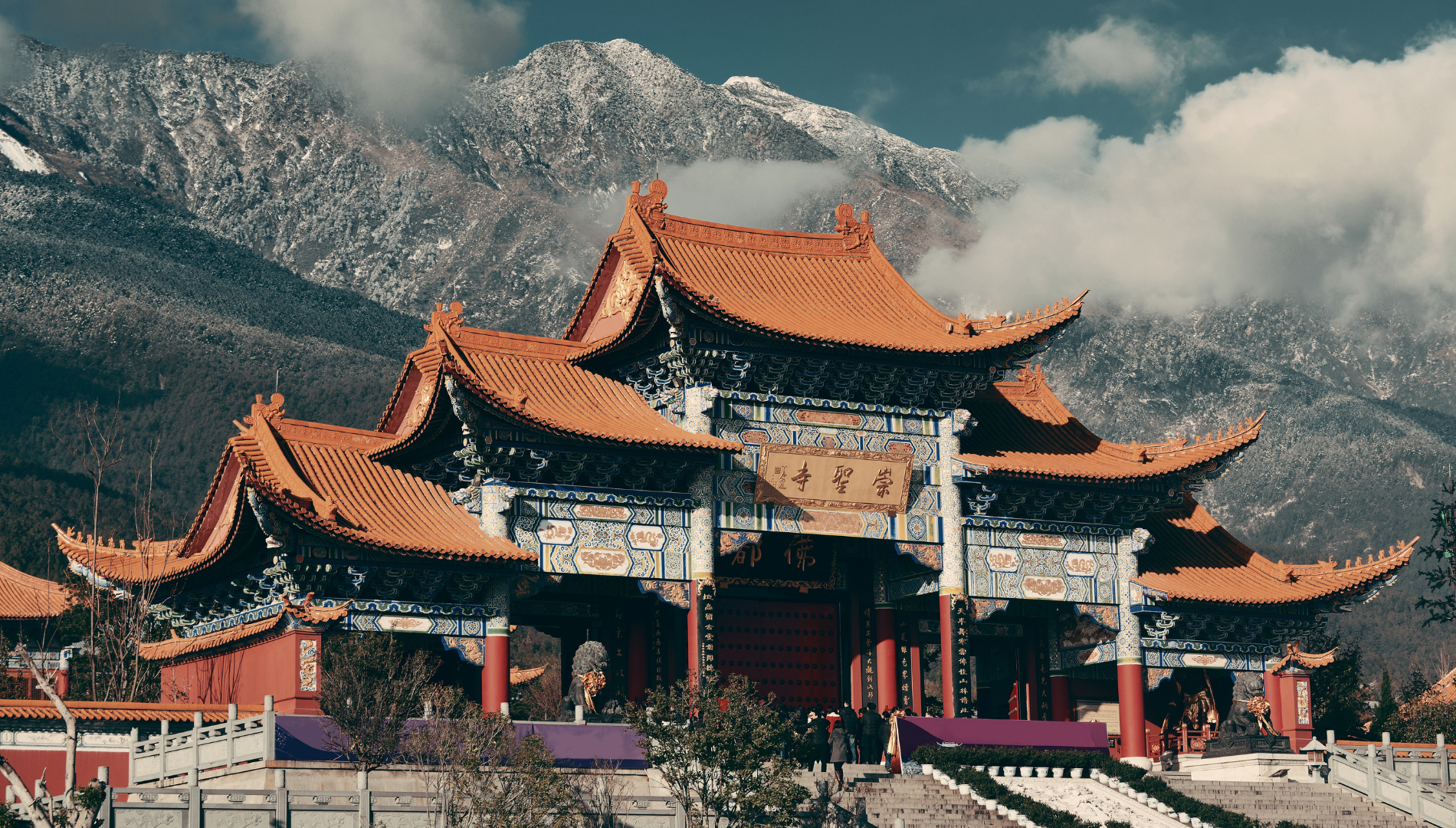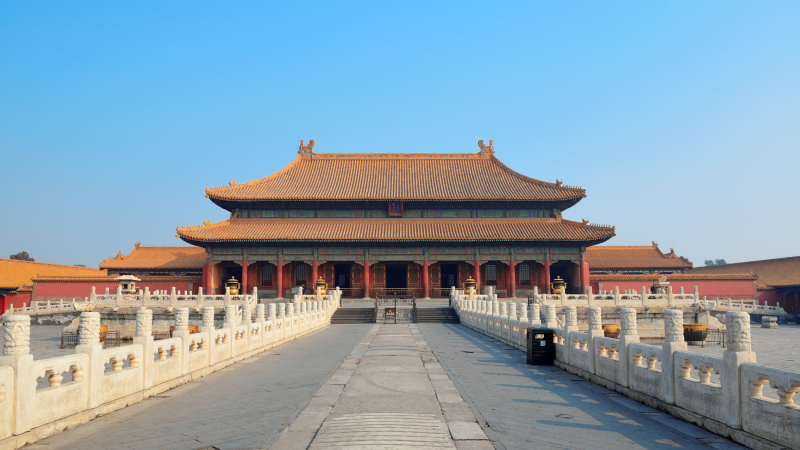Since Beijing implemented a visa-free entry policy for South Korean citizens in November 2024, the number of tourists from South Korea to China has surged dramatically.
Data provided by the South Korean Ministry of Justice to Representative Park Eun-jeong of the Korea Reconstruction Party shows that 647,901 South Koreans traveled to China for tourism between November 2024 and January 2025, a 60.6% increase compared to the same period the previous year.
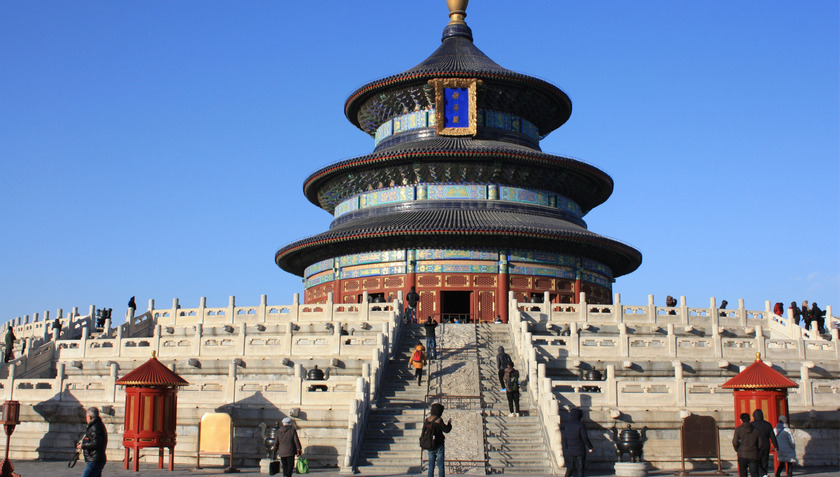
China's visa-free policy for South Korean tourists has created an unprecedented travel boom.
During the six-day Lunar New Year holiday alone, more than 100,000 South Koreans chose China as their travel destination. This marks the first time South Korea has been included in China's visa-free travel list since the two countries established diplomatic relations in 1992.
Notably, this is a unilateral decision by China, not a joint visa waiver agreement between the two countries.
According to the Korea Times, China has officially announced visa exemption for visitors from South Korea, opening a promising new chapter for the tourism industry of both countries. Accordingly, South Korean tourists can freely explore the beautiful country of China for up to 15 days for various purposes such as business, tourism, visiting family, or transit. This decision takes effect from November 2024 and will last until the end of 2025, maximizing opportunities for South Koreans to experience the wonders of China.
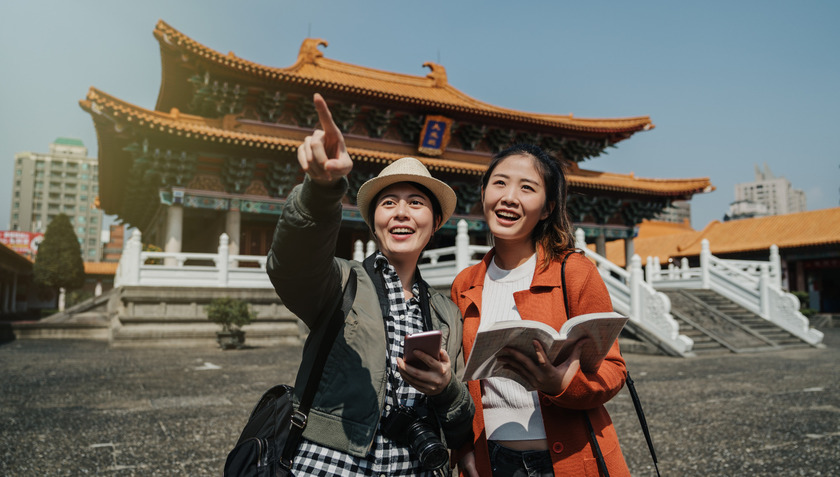
In fact, the number of customers increased by 60% in just a short time after implementation.
This visa-free policy is a major attraction for South Korean tourists, as previously, obtaining a Chinese visa cost them around 100,000 won (US$70) and involved a complicated and lengthy application process.
The increase in tourism to China among South Koreans stands in stark contrast to the growing anti-China sentiment, particularly among conservative political groups, amid South Korea's impeachment crisis.
President Yoon Suk Yeol's controversial comments about China during his impeachment trial, where he accused China of attempting to influence South Korea's elections and manipulate public opinion, contributed to increased hostility toward Beijing among his supporters. Yoon's supporters also spread unverified claims that some officials at the Constitutional Court were of Chinese origin, which they alleged could lead to a biased ruling on the president's impeachment.
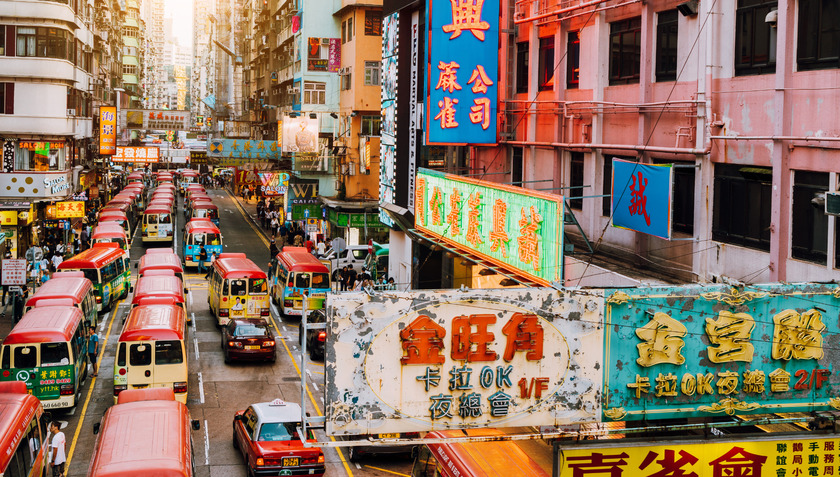
This is an opportunity to boost the development of the tourism industry in China.
Chinese authorities are believed to have conveyed concerns to the South Korean government through diplomatic channels regarding certain political developments affecting bilateral relations. However, the Chinese Foreign Ministry has been somewhat restrained from addressing the issue publicly, a departure from its previous "wolf warrior" diplomacy, often characterized by an aggressive tone.
According to the Chosun newspaper, a scholar at Zhejiang Normal University (China) believes that visa exemption for South Koreans will increase travel demand between the two countries, boost business and tourism, and thus bring significant economic benefits.
Korean travel companies are focusing on promoting a variety of tourist destinations in China, catering to the diverse needs of travelers. Besides well-known destinations like Beijing, Shanghai, and Xi'an, Korean tourists are also being introduced to new and exciting places such as Jiuzhaigou with its majestic natural landscapes, Zhangjiajie with its magnificent rock formations, and Fenghuang Ancient Town with its ancient architecture. This diversity of tourist destinations gives travelers more choices and allows them to find destinations that suit their preferences.

 VI
VI EN
EN



